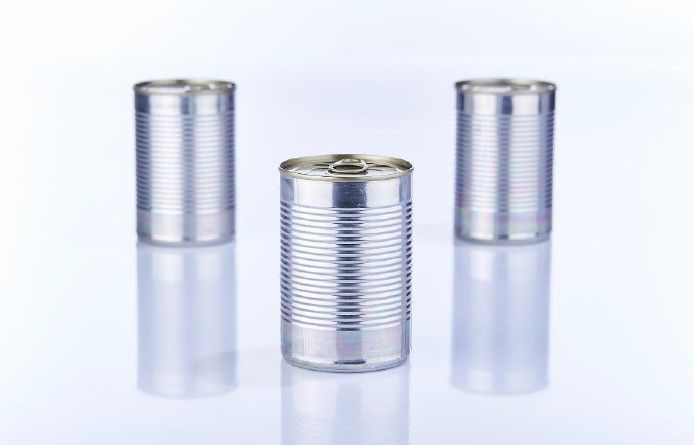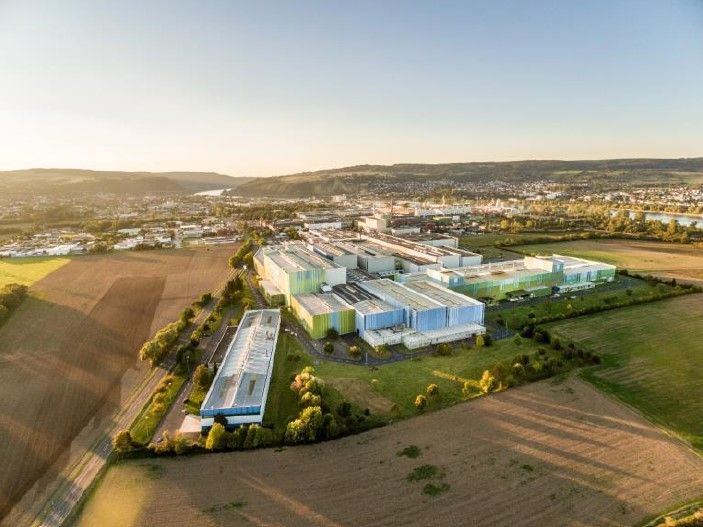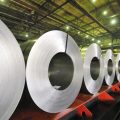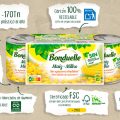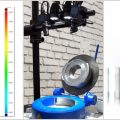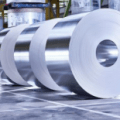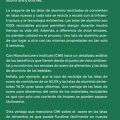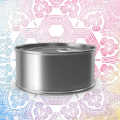Andernach. 06.04.2021
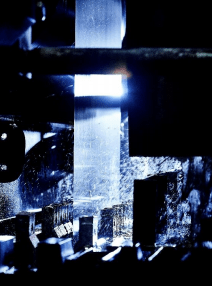
As one of Germany’s biggest tin importers, packaging steel manufacturer thyssenkrupp Rasselstein welcomes the EU’s decision: “The procurement of raw materials must not lead to promoting conflicts and violating human rights. We are committed to responsible mining and processing of tin in compliance with ethical principles. A transparent and trustworthy supply chain will assist us in achieving these objectives,” emphasized Jochen Zenz, Head of Raw Materials Procurement and Warehouse Management at thyssenkrupp Rasselstein GmbH. Starting in January 2022, checks for compliance with the EU Regulation will be carried out by “Deutsche Kontrollstelle EU-Sorgfaltspflichten in Rohstofflieferketten” (DEKSOR), Germany’s competent authority responsible for the application of the Regulation.
High ecological and labor standards>
Tin is needed to protect packaging steel from corrosion and is therefore a necessary raw material to ensure the high quality of products such as the food can. The tin coating on packaging steel is extremely low; it usually ranges between 1.0 g/m² and 11.2 g/m². thyssenkrupp Rasselstein ensures the sustainability of its supply chain – and not only since today – to ascertain that the required quality is not achieved at the expense of humans and the environment. The Andernach-based company has not sourced tin from conflict regions for more than a decade now: “Human rights, fair working conditions, environmental protection and the fight against corruption – all these values are not only important within our group, but they also apply to our supply chain. At thyssenkrupp, we are therefore committed to the United Nations Global Compact. Our company has had procedures in place for years that allow us to audit supply chains and to identify risks. Our supply chains are transparent and subject to regular audits, so that we fully comply with statutory provisions,” said Zenz. “In addition, thyssenkrupp Rasselstein GmbH has been complying with the regulations of the United States of America, usually referred to as the Dodd-Frank Act1, since 2010, although we are not subject to SEC supervision and have no legal obligation to comply with these requirements on conflict minerals.”
In countries such as the Democratic Republic of Congo (DRC) and neighboring states, the mining of certain raw materials is sometimes fueling significant human rights violations and the financing of violent conflicts in the region. “We therefore do not purchase any raw materials that directly or indirectly finance or benefit armed groups. We are in close contact with our suppliers at all times to increase transparency regarding the supply of their products. We will continue to expand our collaboration with customers, suppliers, and other stakeholders to ensure even better approaches and more feasible solutions in the future,” Zenz added. “Usually, we check the conditions on site or we commission third parties to regularly monitor the situation at our suppliers.”
Thyssenkrupp Rasselstein sources tin from long-standing partners in Peru, Bolivia, Brazil, and Thailand. thyssenkrupp Rasselstein has taken a holistic approach to cooperation with its suppliers from the outset: Mining and processing of tin is not only observing human rights, but also in unison with high labor and ecological standards. In the past, the packaging steel manufacturer has therefore repeatedly removed companies from its range of suppliers when they failed to meet thyssenkrupp’s requirements. These include not only the method of procurement, but also the quality of the raw material itself: At 99.95 percent, the tin required by thyssenkrupp Rasselstein has a particularly high degree of purity.
Strengthening the circular economy
In the future, there may be several changes in raw material procurement: “We would soon like to buy smaller quantities of secondary, i.e., recycled tin, from Europe and thus make the supply chain even more sustainable and local. We intend to open up new ways of procuring resources and to support the regional circular economy,” said Zenz. Tin can be recovered from sludge or slag, but also from tinplate. Tin recovered through recycling processes is in no way inferior in quality to tin mined directly, while it meets the highest standards.
Thyssenkrupp Rasselstein is already strengthening the circular economy with its packaging steel: it is a permanent material in a closed loop. Due to its magnetic properties, it can be easily collected and recycled. Being almost 100 percent recyclable – virtually infinitely and without downcycling, i.e., without any reduction in quality, its inherent properties are retained. Steel is therefore the perfect material for multi-recycling.
About thyssenkrupp Rasselstein GmbH
Thyssenkrupp Rasselstein GmbH is a leading global supplier of high-quality, precision-made packaging steel. The site in Andernach – the world’s biggest production site of its kind – produces 1.5 million tons of packaging steel each year. The plant’s 2,400 employees serve around 400 customers from numerous markets in 80 countries – from producers of food and pet food cans to manufacturers of beverage and aerosol cans, containers for chemical products, and bottle caps. Expert service, sales, and aftersales teams round out the product portfolio. They work closely with customers to maintain consistently high standards of quality and reliability worldwide.

